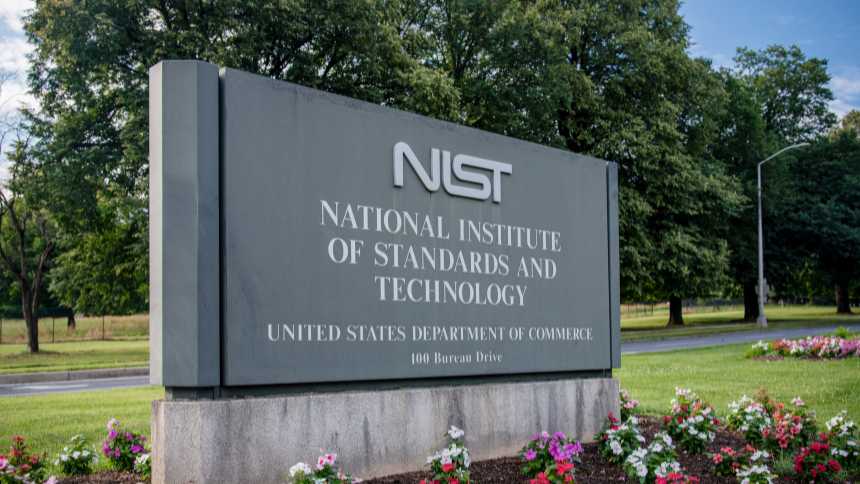
Feds issue draft guidance on something called “March-In Rights”
Under the Bayh-Dole Act, the government allows recipients of federal research funding to retain rights to inventions conceived or developed with that funding unless the "march-in" provision is exercised.
The U.S. Department of Commerce’s National Institute of Standards and Technology (NIST) released for public comment its draft “Interagency Guidance Framework for Considering the Exercise of March-In Rights,” a tool to help agencies evaluate when it might be appropriate to require licensing of a patent developed with federal funding. The draft guidance will help agencies work through a range of policy considerations relevant to a potential march-in decision, including price. The proposed guidance is now available in the Federal Register.
Under the “University and Small Business Patent Procedures Act of 1980,” commonly known as the Bayh-Dole Act, the government allows recipients of federal research funding to retain rights to inventions conceived or developed with that funding. The act gives federal agencies the right to “march in” under specific circumstances related to accessibility of the invention, as well as national health and safety (35 U.S.C. 203). There have been calls for greater clarity on when it is appropriate or warranted for a federal agency to exercise such rights.
“The Bayh-Dole Act is an important tool for fostering U.S. innovation and the commercialization of inventions that come from federally funded research and development,” said U.S. Secretary of Commerce Gina Raimondo. “With this draft guidance and request for comment, we are seeking continued stakeholder input to ultimately provide greater clarity on march-in rights and maintain a balance between incentivizing companies to innovate and making sure those innovations serve the American people.”
Like what you've read?
Forward to a friend!

